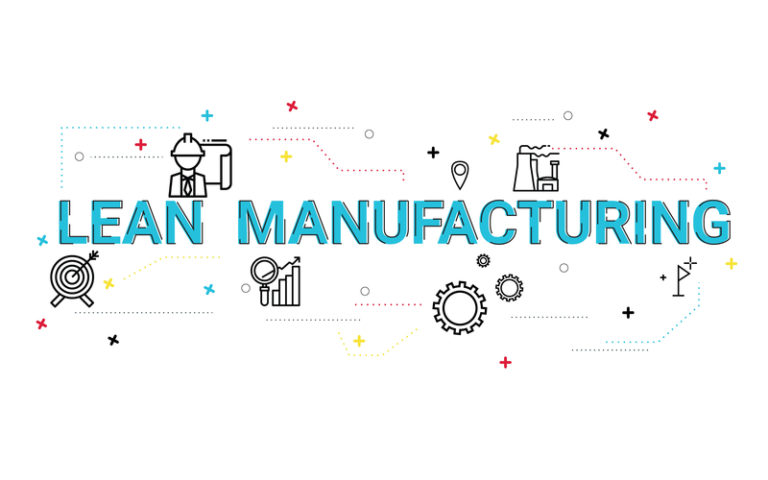Lean manufacturing is a process that improves a company’s manufacturing potential, inventory management, and overall production quality. Toyota Production System was the first company to introduce a similar streamlined concept in its manufacturing line. The term lean manufacturing was coined in 1988 after researchers identified the potential advantage of systematically improving their production line.
Studies show that proper implementation of lean manufacturing tools and principles can increase a company’s production capacity by as much as 50%. It can also significantly reduce the cost and time required to manufacture a particular product.

These tools include equipment for value stream mapping, error proofing, total productive maintenance, multiple model processing, single and multi-point scheduling, process specific control charts and working cells. Companies often introduce these tools and techniques to introduce the ways how to save cost with lean manufacturing.
Lean manufacturing has the greatest penetration in the engineering and manufacturing sector. It is also often used in other industries like healthcare and information processing. Despite the numerous advantages it has to offer, lean manufacturing is considered as an intricate process that requires active participation for optimal results. Engineers should be well-versed with the principles of lean manufacturing to help their industry integrate tools and technology required to minimise waste and maximise productivity.
Financial firms offers different types of Business Loans to help startups for monetary purpose.
Additional read: Principles Of Lean Manufacturing Every Engineer Should Know

